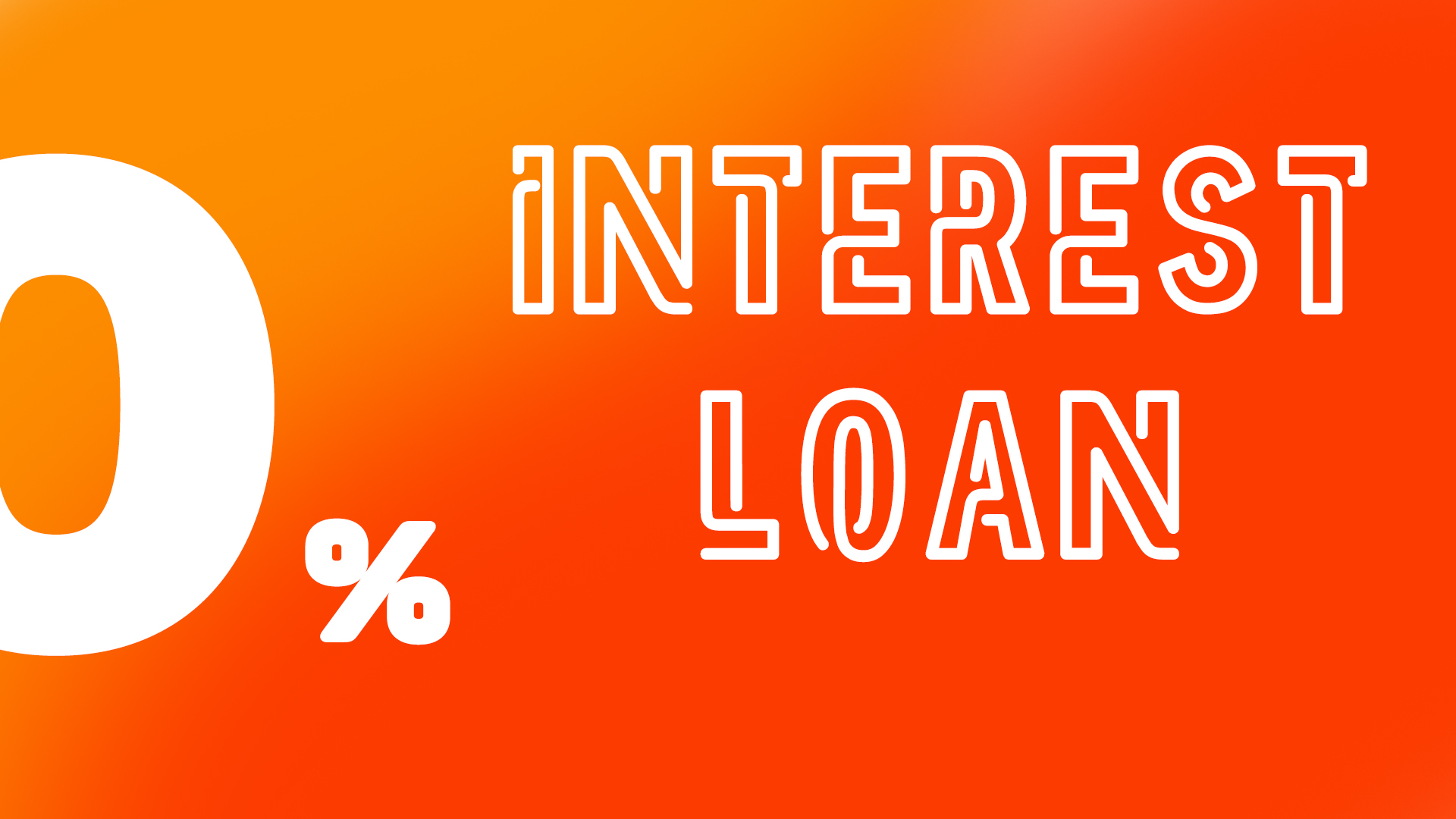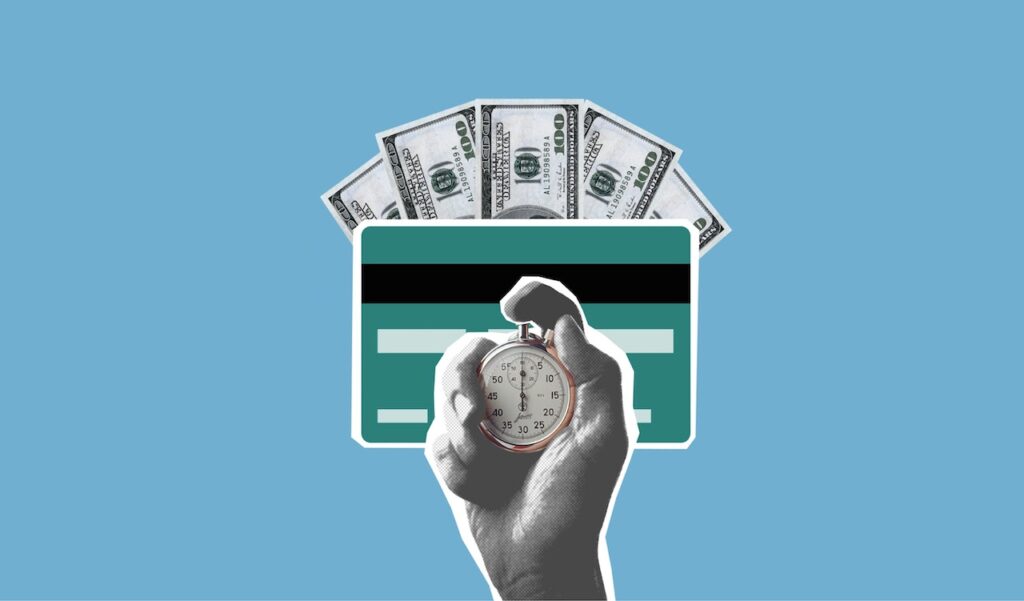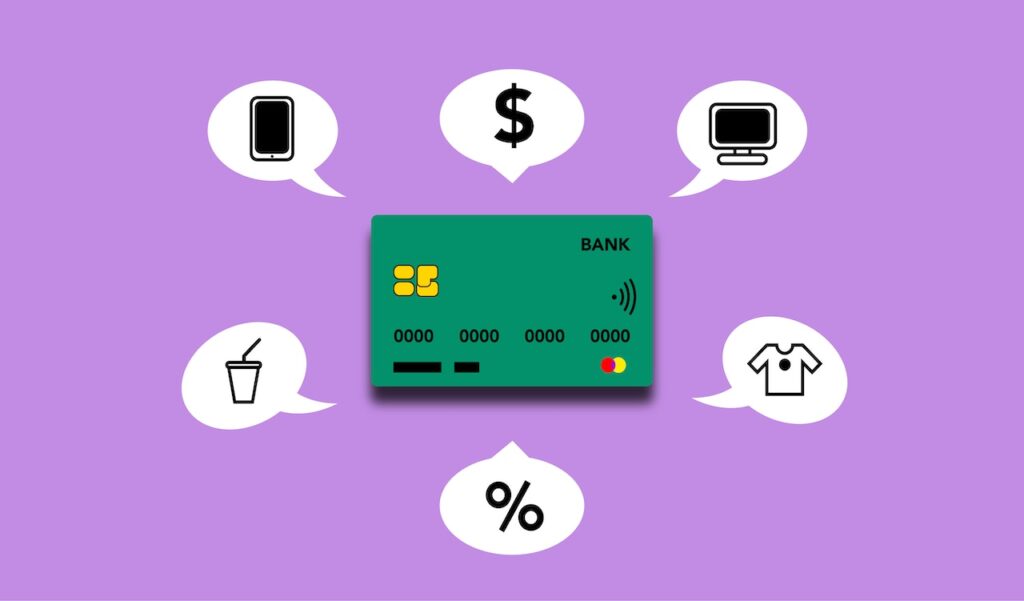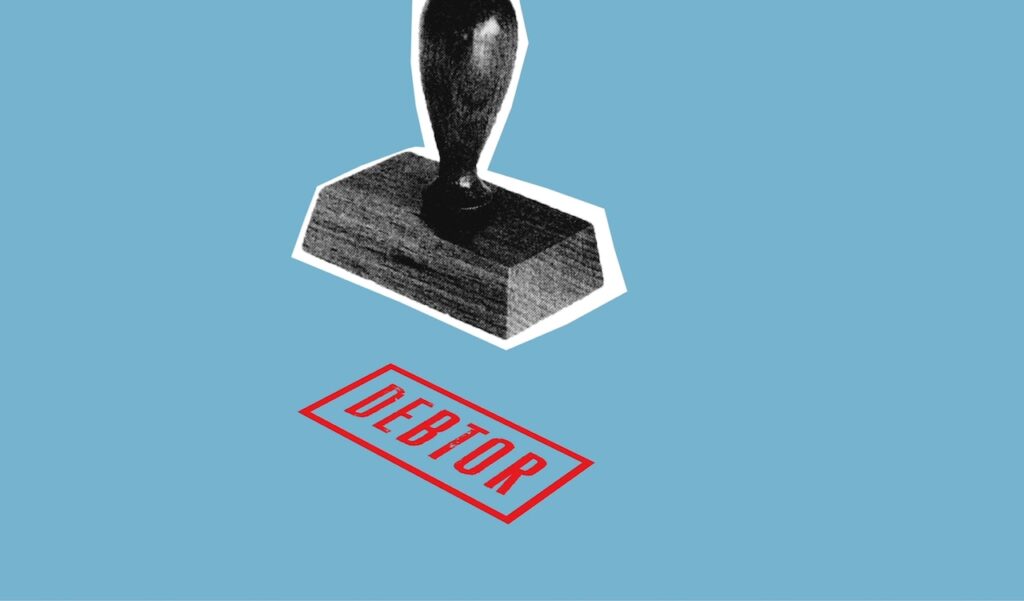Personal Finance
Why You Should Avoid Zero-Interest Loans
You might actually run in the trap of paying more than a standard loan.
Published
3 years agoon
By
Mario
Companies that provide zero-interest loans promote them as win-win situations for borrowers.
Spreading out a large purchase that would otherwise necessitate a lump sum payment over a period of 12 to several years with 0% interest results in a more manageable cash flow position.
However, these loans have drawbacks, such as the desire to overspend, the urge to buy on impulse, and the risk of incurring massive fines for defaulting on a loan.
Zero-Interest Loan Basics

A zero-interest loan, as its name implies, requires just the principal to be paid back, providing the borrower meets the strict deadline by which the total sum must be settled.
There are severe penalties for missing the deadline. Most importantly, the lender has the option to cancel the zero-percent condition and charge interest on past principal balances.
Zero-interest loans, which are common at auto dealerships and electronics stores but not by the stores themselves, are enabled by outside lenders.
Borrowers typically need to have FICO (Fair Isaac Corporation) ratings of at least 720 in order to be eligible for these loans.
For shorter-term loans of up to 24 months for retailers or up to 36 months for auto dealerships, the zero-interest option is typically only available.
Zero-Interest Loans and Impulse Buying

Automobile dealerships frequently dominate the local radio airwaves with advertisements promoting zero-interest loan specials.
Only those potential purchasers who are in severe need of a new car and are in a position to buy one should fall for the bait. Unfortunately, impulsive purchases are frequently encouraged by these advertisements, even when it is not practical for consumers to do so.
It is not shocking that salesmen take advantage of no-interest loan offers to persuade customers to make more expensive products in an effort to increase their commission income.
Zero-interest agreements are sometimes used by dealers as a negotiating chip. Salespeople are frequently unwilling to lower the purchase price because of the excellent financing options available. Buyers should refrain from overspending merely because borrowing rates are low.
Promotions for zero-interest loans may draw purchasers who are ineligible for such schemes. Such people are frequently led toward loans that do, in reality, have an interest by dishonest salespeople.
Even if the terms of these loans are unfavorable, many customers accept them after seeing a gleaming new car or a sleek flat-screen TV.
Zero-Interest Loans and Overspending
Zero-interest loans tempt consumers to spend excessive amounts of money on expensive new cars and other luxuries.
A customer may irresponsibly purchase a new car with a $30,000 price tag instead of a sensible $20,000 used car, believing that they would have to pay $10,000 in interest even if they weren’t getting such favorable loan conditions.
Zero-Interest Loan Penalties and Fees

Zero-interest loans may sound like a dream, but borrowers who don’t fully understand the loan terms, they can turn into nightmares. When a borrower misses just one payment, lenders quickly revoke zero-interest clauses.
This is valid for both revolving debts, such as credit cards with a 0% annual percentage rate (APR), and installment debt, such as a car loan. When choosing such deals, borrowers should be aware of the consequences of making late payments or going beyond the agreed-upon loan terms.
Cons of Interest-Free Loans
- You might need an excellent credit score: To qualify for a 0% loan, you’ll normally need good credit (at least 670).
- Limited to certain products: Businesses frequently use interest-free loans to entice customers to purchase pricey goods which might not otherwise be able to do so. You probably won’t be able to get an interest-free loan to cover expenses like groceries or a book.
- Possible continued obligations: Frequently, you’ll be charged interest if you don’t repay the interest-free loan by the due date or if you make a late payment.
- Possibly not as free as it seems: Flashy advertising is frequently used by marketers to give the impression that a loan is free. However, you’ll frequently discover additional charges in the small print that require payment in some form.
Final Note
Early debt relief may provide you with a greater sense of financial independence, depending on your own circumstances and the risks you’re ready to accept.
Before making significant contributions that would limit the growth of such accounts, take into account building up any other aspects of your financial life that you feel are lacking, such as an emergency fund or possible investments.
Keep in mind that you don’t have to devote yourself entirely to one method of paying off this debt.
Over the course of the term, you have the option to modify your monthly payments in accordance with your lifestyle or financial circumstances. You are free to pay the bare minimum for one month and double that the following!
It is important to remember that “0% interest” doesn’t mean “no interest at all,” but rather, “no interest only if the debt is paid within this term.”
Deferred interest rates are sometimes high and might come as quite a shock. To get the most out of such a beneficial offer, be persistent and mindful of how much time is left in your promotional period.

Best Problem-Solving Strategies In Business

How to Start Affiliate Marketing Through Amazon

How to Plan A Wedding On A Budget

10 Reasons Why Budgeting Is Important




